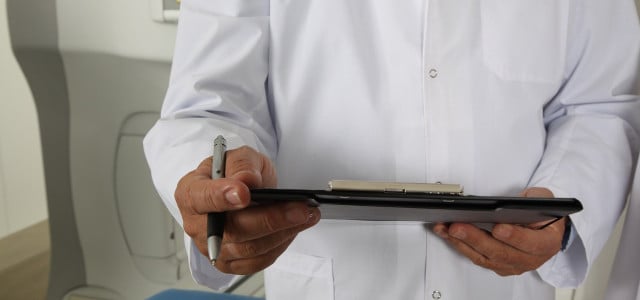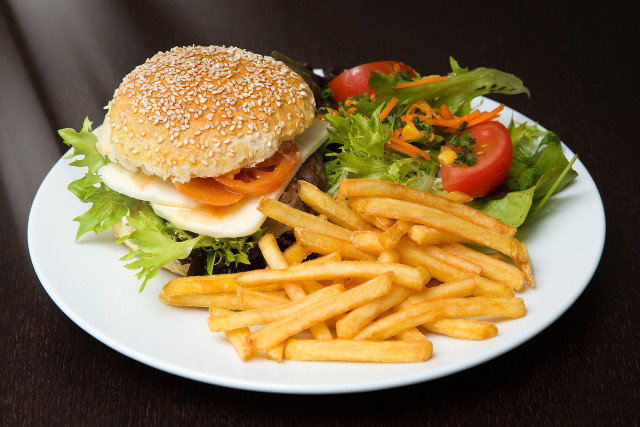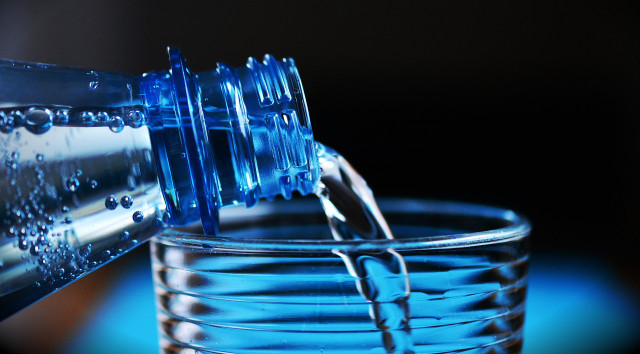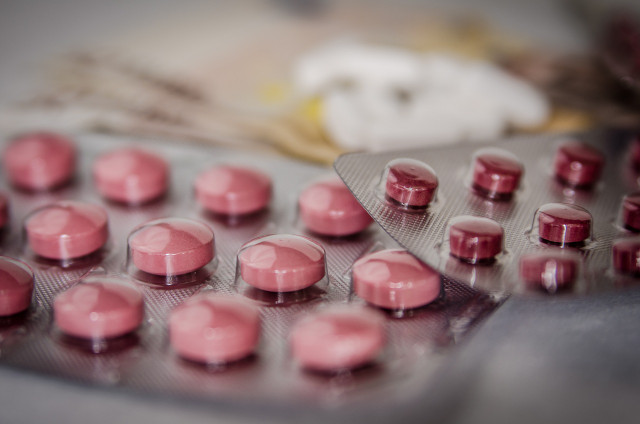
“Going to the doctor on an empty stomach” doesn’t just mean abstaining from alcohol before the visit, but also from food and certain drinks. We’ll show you what you need to pay attention to during each treatment.
Before blood tests or other examinations, doctors ask you to fast. It is recommended that you do not eat anything for eight to twelve hours before the treatment. Depending on the examination, you should pay attention to different things. In addition to skipping breakfast, “going to the doctor on an empty stomach” also means being careful with drinks and dinner.
You’ve probably already asked yourself why you have to go to certain examinations on an empty stomach. This is to ensure that your blood values are correct: food contains substances that can change your blood values. Fasting is important in order to be able to detect serious diseases in your blood early on during a routine check and thus prevent them. In this article, you’ll find out how to properly prepare for the examination.
1. Go to the doctor on an empty stomach: be careful with dinner

(Photo: CC0 / Pixabay / Fclaria)
A hearty dinner tastes good, but it’s still not a good idea before the examination. If you eat fatty food like chips, burgers or pizza the night before, this can affect your cholesterol levels the next morning. Alcohol and tobacco should also be taboo, as they also distort your blood values.
We recommend that you eat an easily digestible meal for dinner so that you can really go to the doctor’s office on an empty stomach. In the article Eating for your stomach: Easily digestible food for your stomach, we show you options that you can consider.
These recipes are also good:
- Bulgur vegetable pan
- Poké Bowl
- Potato and vegetable pan
2. Tips before the examination if you have to go to the doctor on an empty stomach

(Photo: CC0 / Pixabay / congerdesign)
“Going to the doctor on an empty stomach” means not eating anything on the day of the examination. As far as drinks go, it’s best to stick to still water; black coffee or unsweetened tea are also no problem. You should avoid juices and milk, as well as sugar or sweeteners in coffee or tea.
If your examination involves a gastroscopy, stricter rules apply. You should avoid eating for eight hours and drinking for four hours beforehand. If you find this difficult, talk to your doctor.
During a colonoscopy, however, clear drinks such as water, tea or broth are permitted. In this case, too, you should ask what is permitted before the examination.
3. Discuss taking medication beforehand

(Photo: CC0 / Pixabay / jarmoluk)
If you are taking medication, you should discuss the possibility of stopping it with your doctor before the examination. It is important not to stop or pause the medication on your own.
Even if you have a cold, you can usually come for a blood test. However, you should avoid taking any medication to treat cold symptoms. If you feel unwell, it’s better to postpone the appointment.
Which preparation for which treatment?
For the following treatments you should go to the doctor on an empty stomach:
- Blood tests
- Ultrasound examination of the abdominal cavity
- Endoscopies such as gastroscopy
- Surgery under anesthesia
- Examinations using contrast media such as computer tomography
Doctors usually clarify before an examination what you need to pay attention to and whether you need to fast. If you are unsure, it is better to ask. The times when you are not allowed to eat anything can vary depending on the examination.
Fasting at the doctor’s: The meal afterwards
Depending on how long you have been fasting for the test, you may need to be cautious with your first meal. If you have your blood drawn in the morning and are back home at lunchtime, you can continue with your normal eating habits.
Even if you don’t eat anything for a whole day, it usually doesn’t have much effect on your body. After all, there are types of fasting where you don’t eat anything for one day a week. But listen to your body and start with a gentle meal, similar to breaking your fast.
Read more on Techzle\.com:
- Nutrient deficiency: How to recognize it and what you can do about it
- Preventing colds: How to stay healthy
- Health check from 35: These examinations are included
Edited by Nora Braatz
** marked with ** or orange underlined Links to sources are partly affiliate links: If you buy here, you are actively supporting Techzle\.com, because we then receive a small part of the sales proceeds. .
(This article first appeared on November 2, 2022, 3:01 p.m. It has been updated by our editorial team.)